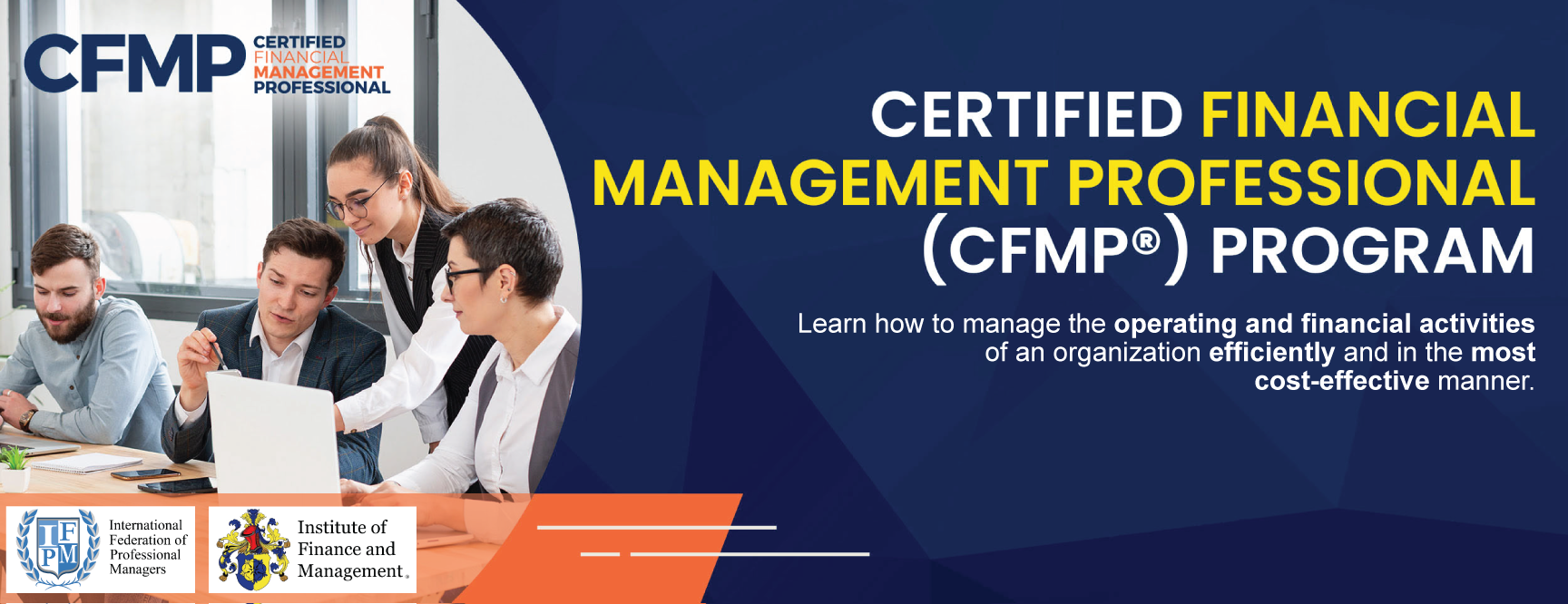
Schedule
Batch 26 Examination
Apr 20, 2025 (Sunday)
(8:00AM-11:00AM)
Simulation Exam
Apr 6, 2025 (Sunday) ; 8:00AM – 11:00AM
Online Live Lecture
Mar 30, 31, & Apr 3, 2025
(7:00PM-10:00PM)
Batch 27 Examination
May 25, 2025 (Sunday)
(8:00AM-11:00AM)
Simulation Exam
May 11, 2025 (Sunday) ; 8:00AM – 11:00AM
Online Live Lecture
May 4, 5, & 6, 2025
(7:00PM-10:00PM)
Batch 28 Examination
Jul 6, 2025 (Sunday)
(8:00AM-11:00AM)
Simulation Exam
Jun 22, 2025 (Sunday) ; 8:00AM – 11:00AM
Online Live Lecture
Jun 15, 16, & 17, 2025
(7:00PM-10:00PM)
Batch 29 Examination
Aug 17, 2025 (Sunday)
(8:00AM-11:00AM)
Simulation Exam
Aug 30, 2025 (Sunday) ; 8:00AM – 11:00AM
Online Live Lecture
Jul 27, 28, & 29, 2025
(7:00PM-10:00PM)
Batch 30 Examination
Sep 28, 2025 (Sunday)
(8:00AM-11:00AM)
Simulation Exam
Sep 14, 2025 (Sunday) ; 8:00AM – 11:00AM
Online Live Lecture
Sep 7, 8, & 9, 2025
(7:00PM-10:00PM)
Batch 31 Examination
Nov 9, 2025 (Sunday)
(8:00AM-11:00AM)
Simulation Exam
Oct 26, 2025 (Sunday) ; 8:00AM – 11:00AM
Online Live Lecture
Oct 19, 20, & 21, 2025
(7:00PM-10:00PM)
Batch 32 Examination
Dec 14, 2025 (Sunday)
(8:00AM-11:00AM)
Simulation Exam
Nov 30, 2025 (Sunday) ; 8:00AM – 11:00AM
Online Live Lecture
Nov 23, 24, & 25, 2025
(7:00PM-10:00PM)
Overview
The field of finance is broad and dynamic. It directly affects the lives of every person, every organization (private, public, governmental and non-governmental, business and not-for-profit). Financial management is concerned with the duties of the financial manager in the business firm where he manages the financial affairs of the business. The tasks performed by a financial manager include planning, extending credit to customers, evaluating proposed large expenditures, and raising money to fund the firm’s operations.
Learning Objectives
In recent years, the changing economic and regulatory environments have increased the importance and thus complexity of financial management. It was need of the time to revise/update the course contents of the subject to serve the following:
- To acquaint the students about the Pros and cons of Financial planning and analysis
- To inculcate the ways and means how to manage the operating financial activities of an organization efficiently and in the most cost-effective manner.
- To equip the students with the tools and techniques for appraising various investment proposals.
- To give a fair enough knowledge in respect of assessing risk in the investment undertakings and ways to mitigate the risks up to the maximum level.
- To find the best possible financing mix to finance the proposed investments.
- To explore ways other than bank loans for financing capital investments.
Benefits of CFMP
- The ability to use the designation CFMP on your business card and resume.
- Up to 12-month membership to the IFM professional body.
- Access to the IFM risk management network and body of information online.
- Membership to the only professional body recognized by the IFPM, one of the world’s leading professional manager organizations.Qualification for entry into the Accredited Financial Analyst (AFA) program by Global Academy of Finance and Management based in USA.
- Qualification for entry into the Level 7 Diploma in Strategic Leadership and Management, the highest education level in UK.
Program Syllabus
Module 1: An Overview of Financial Management
- Types of Finance
- Finance within the organization
- Forms of business organization
- Types of business organizations
- Financial management functions
Module 2: Financial Planning and Analysis
- Financial Statement
- AnalysisIncome statemen
- Balance sheetCash flow statemen
- Ratio analysisForecasting
- Financial Statements
Module 3: Working Capital Management
- Working Capital terminologies and issues
- Operating cycle
- Cash conversion cycle
- Alternative current assets
- Cash and Marketable Securities Management
Module 4: Capital Budgeting and Estimated Cash Flow
- Overview of capital budgeting process
- Estimating project “After-Tex incremental operating cash flows”
- Capital Budgeting Techniques
- Project evaluation and selection: Alternative Methods
- Risk and Managerial Options in Capital Budgeting
Module 5: Long-term Financing
- Capital structure and cost of capital
- Types of long-term debt instruments
- Bonds and their features
- Preferred stock and its features
- Common stock and its features
Module 6: Leverage and Business Risk
- Operating leverage
- Financial leverage
- Total leverage
- Other methods of analysis
How to get Certified
Training
Register for the CERTS training to gain access to learning resources such as video lectures, study notes, exercises, and assessments.
Attend the live Online Mentoring Session (OMS) as schedule to further refine your preparation.
Simulation Exam
Take the Simulation Examination (SimEx) as scheduled. It comprises of sixty (60) questions for three (3) hours. A learner must earn a rating of at least 35/60 to qualify for the CFMP Examination. A learner who failed the SimEx may retake on the next schedule for a minimal fee.
Examination
Qualified candidates shall be indorsed for the CFMP examination as scheduled. The examination comprises of sixty (60) questions budgeted for three (3) hours. An examinee must earn a minimum rating of 30/60 to pass.
